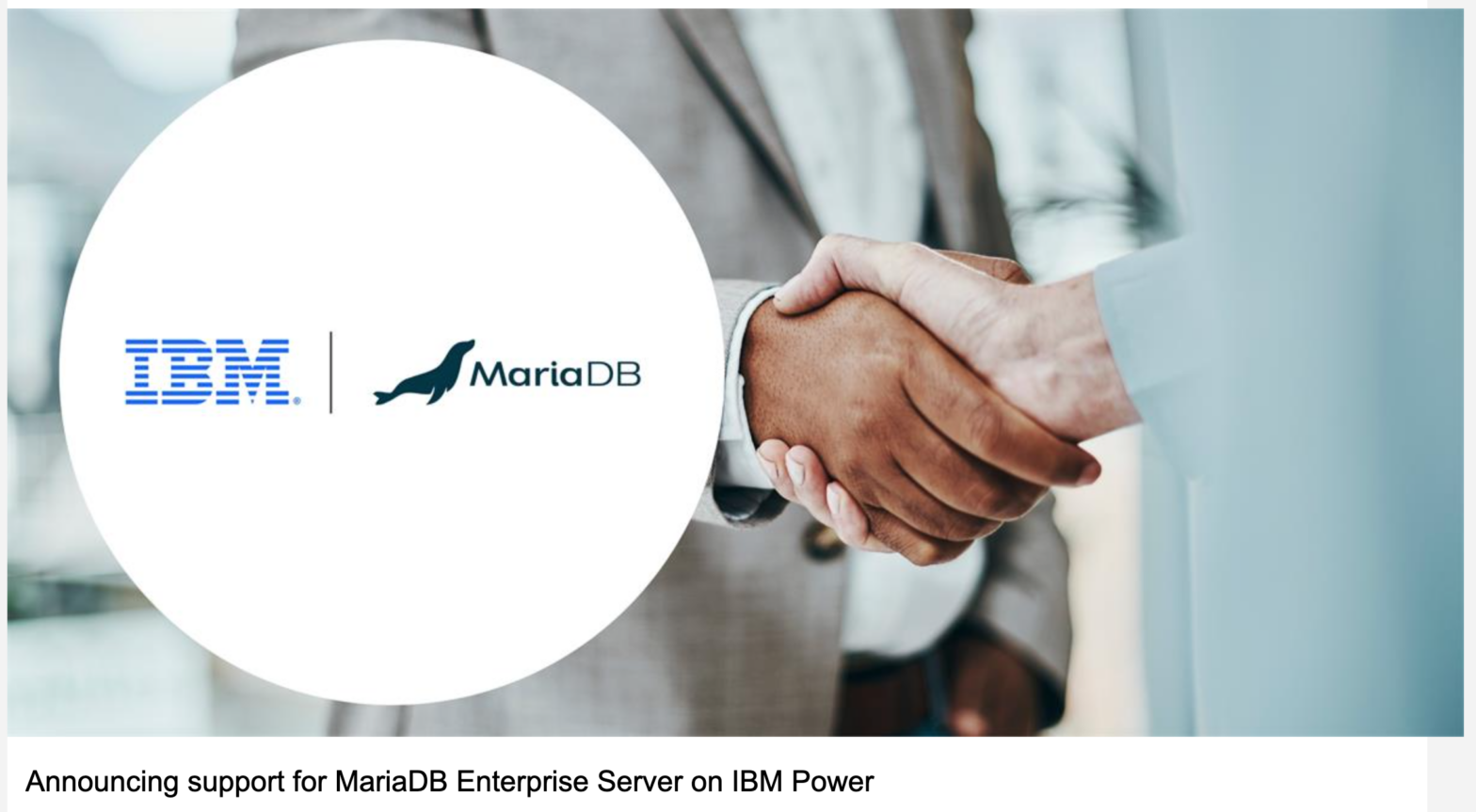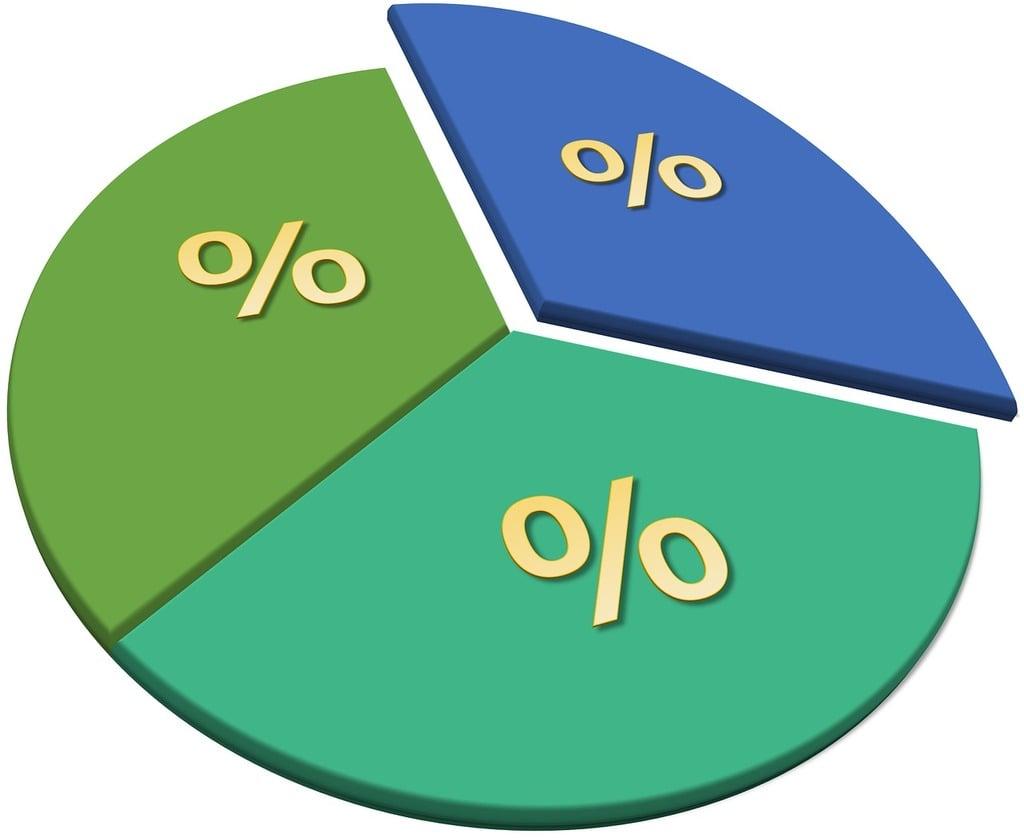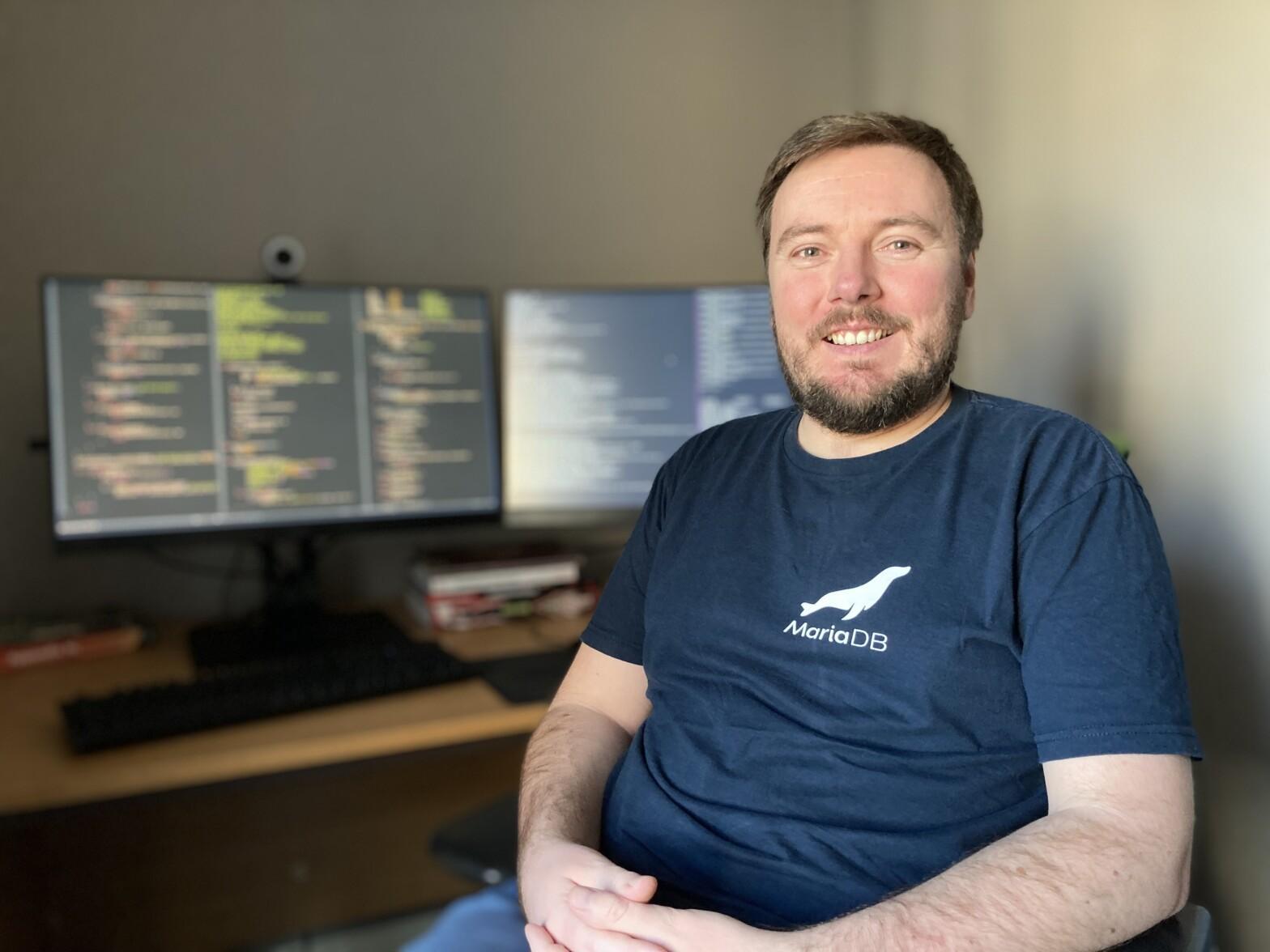Good news: This week, two of MariaDB Foundation’s sponsors – IBM and MariaDB plc – made an announcement that we believe to be good for both parties, as well as for the MariaDB Server user base. We humbly (and boldly) believe that this was enabled by MariaDB Foundation’s living by its core values of Adoption, Openness, and Continuity.
Let me explain why, and start with the announcement itself:
MariaDB Enterprise Server Launches on IBM Power 10
MariaDB plc’s offering to its customers, MariaDB Enterprise Server, was launched for IBM Power 10. This was supported by a blog post from MariaDB plc (MariaDB Enterprise Server Launches on IBM Power10) and another by IBM (Announcing support for MariaDB Enterprise Server on IBM Power).
…
Continue reading “Case IBM Power 10: A further step for MariaDB Server”
The MariaDB Foundation is pleased to announce the availability of MariaDB 11.4.3, MariaDB 10.11.9, MariaDB 10.6.19 and MariaDB 10.5.26, the latest stable releases in their respective long-term series (maintained for five years from their first stable release dates), as well as MariaDB 11.2.5 and MariaDB 11.1.6, the latest stable releases in their respective short-term series (maintained for one year), and MariaDB 11.5.2, the stable rolling release, and MariaDB 11.6.1, the Release Candidate rolling release.
This is the final scheduled release in the MariaDB 11.1 series. …
We’re here, we’re open source, and we have RDBMS based Vector Search for you! With the release of MariaDB 11.6 Vector Preview, the MariaDB Server ecosystem can finally check out how the long-awaited Vector Search functionality of MariaDB Server works. The effort is a result of collaborative work by employees of MariaDB plc, MariaDB Foundation and contributors, particularly from Amazon AWS.
Previously on “MariaDB Vector”
If you’re new to Vector, this is what’s happened so far:
- We blogged a number of times about our view of where Gen AI belongs in MariaDB Server
- We showed a first demo in February at our FOSDEM Fringe Event
- We launched a project page on mariadb.org/projects/mariadb-vector/, containing a number of videos
- We went on stage at Intel Vision in London, with AI everywhere
- We blogged about Amazon’s take on Vectors and MariaDB, in “MariaDB is soon a vector database, too“
The main point: MariaDB Vector is ready for experimentation
…
On the 3rd of July, two weeks ago, I created a poll to ask about the future of feature development branches in MariaDB Server. Specifically, whether we should switch to a rolling model which is more familiar to users of services such as GitHub.
The votes we received gave a very clear result. Today I will share the conclusions we drew, as well as setting expectations for what will happen next.
Recap: what is this “main” branch all about?
In a rolling model, there is one main branch of the tree that all the feature commits go into (typically called “main”), and this is then forked when it is time to prepare a major release.
…
Continue reading “MariaDB Server GitHub branches: Moving to “main””
We are half way through the year! Where has the time gone?! This means that is time to talk contributions statistics. The raw data used for this blog post can be found on the metrics GitHub repo.
Server contributions so far
The following table contains the basic contribution stats for MariaDB Server in 2024 so far. We have contributions from almost twice as many non-MariaDB organisations as last quarter, which is fantastic to see. The more varied our contribution sources, the better.
| MariaDB Plc | 29 | 923 |
| MariaDB Foundation | 6 | 64 |
| Codership | 6 | 48 |
| Independent | 13 | 41 |
| Amazon | 11 | 28 |
| Arch Linux | 1 | 6 |
| GSoC | 2 | 4 |
| Alibaba | 1 | 2 |
| OpenBSD | 1 | 2 |
| University of Sydney | 1 | 2 |
| ARM | 1 | 1 |
| FreeBSD | 1 | 1 |
| IBM | 1 | 1 |
| Chainguard | 1 | 1 |
MariaDB Server contributions for from 1st January 2024 – 2nd July 2024
Just like last time, we can almost do a like-for-like 2023 Q2 and 2024 Q2 comparison.
…
Continue reading “MariaDB Contribution Statistics, July 2024”
Users of open source software don’t always share their stories, simply because they are satisfied. That’s why we were delighted to accept an offer from database expert Richard Bensley to share why he has repeatedly used MariaDB over the years.
I had a chat with Richard and learnt that he has seen MariaDB as a user, customer, and even an employee of MariaDB. Despite experimenting with other solutions, new and old, his passion for MariaDB and the people behind hasn’t faltered.
Richard has been using MariaDB in large scale production since 2012 for financial platforms, CRMs and e-commerce for regional and international use.
…
Many countries in the world right now are hosting elections, in fact, my own country’s election is tomorrow. MariaDB Foundation is also asking for you to make one more vote on our own kind of referendum.
We have recently had a request by a member of the community to change how we use GitHub, in a way that, in-theory, will make things easier for community contributors. I’ll explain the current situation, the proposal and then the poll.
Current situation
At the moment, if you want to develop a new feature for MariaDB Server, it needs to be developed against the latest version branch, which is the default branch when you view on GitHub.
…
Continue reading “MariaDB Server GitHub branches: Have your say”
Last week MariaDB was present at SuseCon, both MariaDB Foundation as well as representatives from MariaDB Plc. The MariaDB Foundation has never attended SuseCon in the past, so this was an exciting new event for us. I’ll give you my view on the event and why I think it is a great event for the Open Source Software community.
The conference motto – #choice
SUSE’s focus is not on prescribing a particular technology, rather empowering its users to make the best choice for their situation. Most products in SUSE’s line-up work with multiple distributions and multiple software platforms.
…





